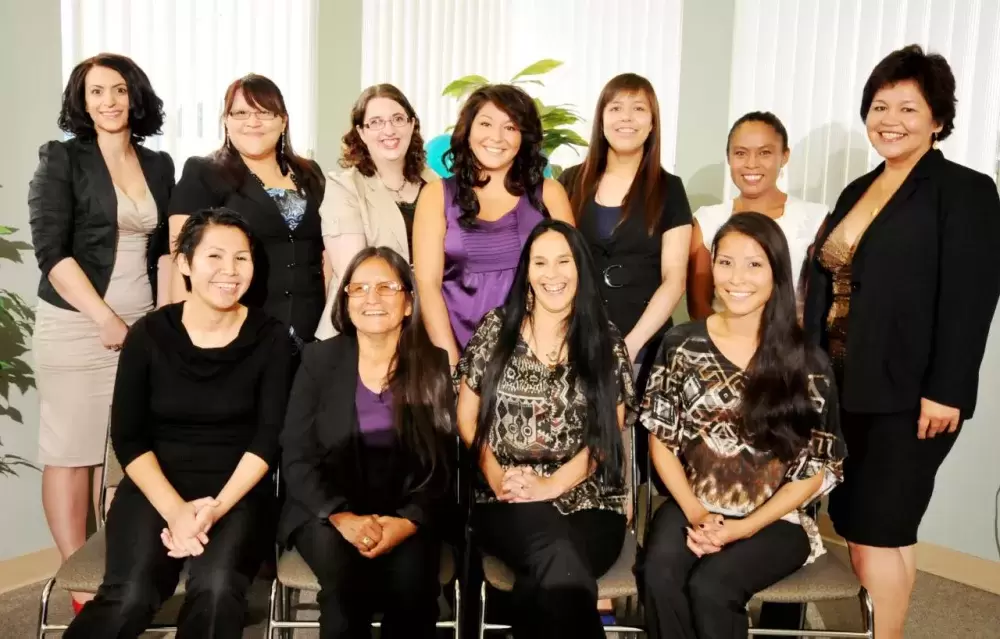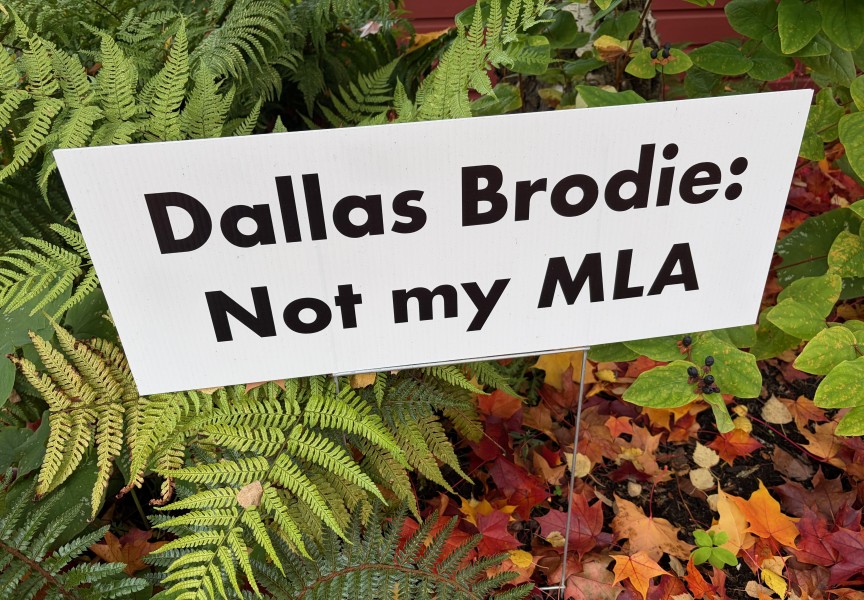As B.C.’s aging workforce edges closer to retirement, leaving employers with the grim prospect of a chronic labour shortage, at least one company believes increased hiring of Aboriginals will help offset this “demographic time bomb.”
Only recently have a few B.C. corporate leaders begun setting the pace in what is promised to be a widespread race for talent.
One reality looms large for those who research the labour market and develop recruitment strategies based on near-future demographics:“Aboriginal peoples are the largest untapped labour force in the country.”
One of those leading organizations is the energy utility FortisBC, which provides electricity, natural gas, piped propane and alternative energy to many British Columbians.
“We are committed to building effective relationships with First Nations and Aboriginal peoples across the province,” said Tom Loski, the company’s vice-president of Customer Service.
At FortisBC, this commitment was echoed this year by a several leaders faced with the challenge of establishing an in-house call centre, who see an opportunity to meaningfully engage Aboriginal partners.
Bruce Falstead, the company’s First Nations Initiatives Manager, explained: “We needed to hire a large number of service representatives at our new call centres in Burnaby and Prince George,” so some of our leaders reached out to area Aboriginal employment and training centres (Aboriginal Community Career Employment Services Society - ACCESS, and the Prince George Nechako Aboriginal Employment and Training Association - PGNAETA).
“We recognized their strengths in Aboriginal training and they worked with us to tailor a work place literacy, certification, soft skills (inter- and intrapersonal and life skills), and essential skills training program that met our needs to hire Service Representatives.”
This kind of commitment meets with praise from Cori Thunderchild, director of the ACCESS Essential Skills for Aboriginal Futures.
“We work with many leading private sector partners to deliver tailored work based and essential skills training,” Thunderchild said.
“We have had incredible success with all 22 employment training programs that we have delivered. What I found with the FortisBC partnership was that they came to the table interested in building a long-term relationship with us. They took the time to build trust, they were flexible, and they operated with integrity.”
FortisBC did what they promised to do, said Thunderchild.
“Our program participants who would normally move into corporate jobs lacking confidence walked into their jobs knowing FortisBC’s corporate norms, policies, and are positioned for workplace success.”
Training participants reacted positively, saying the program was “one of the best decisions I have ever made.” The staff “were able to connect with the students and hone in on their strengths, values, and learning styles to better teach and instruct,” and “to say that it’s been great or amazing would be an understatement.”
Karin Hunt, executive director, PGNAETA, proudly shared their success in multiple employment and essential skills training programs with private sector partners. Hunt explained that although 100 per cent participation, graduation and employment rates are commonplace, what distinguished this partnership was that “Bruce and his team took an admirable interest in being a partner and ensuring that the program and students were successful–not just from a distance, but on the ground level. The students knew that FortisBC was interested in them.”
The 2006 employment rates for Aboriginal peoples were 15.8 per cent below the population at large primarily due to lack of access to culturally relevant education and training.
By developing trusting and respectful relationships FortisBC tapped into existing established expertise to establish effective partnerships and hire 12 Aboriginal service representatives, which is one step closer to realizing parity in employment for Canadian Aboriginal peoples. Interestingly, if parity were achieved it would mean an additional 88,000 workers for our economy.
When asked what advice he has for other corporate leaders, Falstead said, “You don’t know what’s possible until you try, and working with First Nations is not a luxury. It is necessary when we are facing a labour shortage.”
Leaders at all levels need to know this is possible, Falstead said. “If corporate leaders look at First Nations differently, as partners, they will realize that there are huge opportunities.”
“It takes time to nurture these relationships, and people have fears and biases they need to get over,” said Falstead.
He speaks from experience, namely a 25-year history of working with First Nations communities and most recently on the development of a $12 million investment opportunity for Stz’uminus First Nation and Cowichan Tribes into a limited partnership with FortisBC, as well as working with Fortis Ontario and the Lake Huron Anishinabek Transmission Company representing 23 First Nations to develop transmission projects. And how did he pull that off?
“I take the time to develop the relationship,” he said with his characteristic smile.
In today’s economically stressed world, working smarter means building upon our regional advantage, which includes having the second-largest Aboriginal population, well-founded culturally relevant organizations, and a growing number of leading corporations like FortisBC who are working in true partnership with Aboriginal peoples to build a brighter future for all of us.







